“How Can I Do This Great Wickedness?”
Genesis 34; 37–39
Links to the reading in the SAB: Genesis 34, 37, 38, 39
LDS manual: here
Background and summary
So far in the Old Testament, everyone’s been getting it on with everyone — Abraham and the housemaids, Jacob and the housemaids, Lot and his daughters for cryin’ out loud — and it was all good. But for this lesson, we’re going to see the emergence of a new kind of hero: Joseph, whose claim to fame is that he’s super-righteous, and never bonks anyone. What good is it being an OT hero if you’re not getting any? This Chaste Hero motif will continue with a succession of sickeningly good characters, including Shadrach, Meshach, and Abed-nego (as far as we know), Jesus, and the goodiest two-shoes of all, Nephi. Joseph Smith was unable to continue in the tradition, so apparently it’s not for everyone.
Ch. 34: We start with the first recorded honour-killing in the Bible, and in a reversal of modern trends, it’s the dudes who get killed this time. It’s the story of Shechem, who falls in love with Dinah. It’s kind of touching — the reading says that he ‘spake kindly unto the damsel’, so he must have liked her. But he committed the fatal sin: laying with her. Didn’t he know she was someone else’s property?
Dinah’s an Israelite, so the sons of Jacob demand that for intermarriage to happen, all Shechem’s tribe had to cut off the tip of their dicks. Strangely, they were all cool with that if it meant they could fit in. To the group. However, on the third day “when they were sore” (owie), the Israelites kill all the men of Shechem’s tribe. Now that doesn’t seem very sporting when they can’t fight back.
Jacob’s all, “WTF? Everyone’s going to kill us now!” and the sons are like, “Well, what did you want us to do? He made our sister look like a ho.”
History does not record what Dinah thought of the whole thing, but Jehovah was evidently cool with it. In the Bible as in so many other horror stories, death is an appropriate penalty for having sex. Which raises the question: between intercourse and mass slaughter, which was the more acceptable to the Bible writers? Evidently the latter, which tells us everything we need to know about who we’ve inherited our morality from. Is this why our televisions can show any number of shootings, but not one good consensual shtupping?
Ch. 35: Kind of a downer episode: Rachel (Jacob’s wife) dies. Reuben has sex with his dad’s concubine, Bilhah. Isaac dies at the age of 180. Is that the record for a post-diluvian patriarch?
Ch. 36: Boring genealogies. No wonder the lesson manual skips this chapter.
Ch. 37: We meet Joseph, one of Jacob’s sons, who shows a remarkable knack for using dreams to tell the future. In a rather blatant display of favouritism, Jacob gives him a special coat and makes no secret that he loves Joseph the most. Joseph’s brothers conspire to kill him when he comes to bring supplies, but sell him to Egypt instead, using the old coat-in-the-goat’s-blood trick.
Ch. 38: This chapter’s a bit of a mess. God kills Er. God kills Onan. Judah has sex with his daughter-in-law, who he thinks is a sex worker. Lots of interesting plot threads, but they don’t go anywhere, sort of like House of Cards.
Ch. 39: Meanwhile in Egypt, Joseph is climbing the ladder. He’s the kind of guy who always rises to the top. I like that about him. But his boss’s wife has set her sights on him, and when he refuses her advances (leaving his clothes in the process), she concocts a fraudulent rape story that sees him thrown in the can.
Wild stuff, but as we’ll see, it all really comes down to: Don’t have sex with people you shouldn’t.
Main points from this lesson
God’s standard of sexual morality has in fact changed
We’ve seen a lot of sexy stuff going on so far, with polygamy, concubines, incest — all included in the Bible without any moral censure. What moral lesson does the church draw from this?
From the real manual:
Explain that the moral behavior of society often differs from the moral standards that the Lord has established. While the standards of society can change, the Lord’s standards are constant.
That was so out of left field, I’m actually having trouble processing it.
Ask: Are they saying that the Bible, with its wide variety of sexual behaviours, any of which if practiced today would have you fail a temple recommend, is really intended to support the Victorian model of sexual morality that the church is currently promoting?
Answer: Indeed they are, and they’re hoping no one will notice.
Ask: Is this cluelessness or deceit? Did the manual writers actually do the reading? I’m reduced to sputtering over here.
I’ll try and recover by showing a very useful graphic that illustrates the various meanings of “biblical marriage”. Behold God’s unchanging standard of morality.
So far in the OT we’ve seen everything in the first column. We’ll see more as we go on.
Mormon teachings on sexuality are among its most damaging.
When it comes to sexuality, there’s one reliable theme in the church: sex is bad unless it makes more little Mormons.
This anti-sex theme shows up in the story of Shechem and Dinah: the non-married sex they have is ‘defilement’. Or rather, it defiles her.
I can’t be the only one who had an experience like this: When I went off to the dear old BYU, my father quoted me this story from Marion G. Romney approvingly:
I remember how my father impressed the seriousness of unchastity upon my mind. He and I were standing in the railroad station at Rexburg, Idaho, in the early morning of 12 November 1920. We heard the train whistle. In three minutes I would be on my way to Australia to fill a mission. In that short interval my father said to me, among other things, “My son, you are going a long way from home. Your mother and I, and your brothers and sisters, will be with you constantly in our thoughts and prayers; we shall rejoice with you in your successes, and we shall sorrow with you in your disappointments. When you are released and return, we shall be glad to greet you and welcome you back into the family circle. But remember this, my son: we would rather come to this station and take your body off the train in a casket than to have you come home unclean, having lost your virtue.”
Ask: Which would you rather: your child having perfectly normal sexual experiences common to all humankind, or fucking dead in a box?
Romney’s quote is not a one-off. Check out this quote from Heber J. Grant.
“There is no true Latter-day Saint who would not rather bury a son or a daughter than to have him or her lose his or her chastity – realizing that chastity is of more value than anything else in all the world.”
Wait. That graphic needs something. What could it be?
That’s better.
How could a normal parent even think this? Even though my father was a great man who loved me, he’d been so indoctrinated into the view that sex is “the sin next to murder” he’d lost all sense of proportion on this issue.
Even worse, my church culture gave me the idea that if you had premeditated sex in a way that involved planning and consideration of the consequences involved, that was somehow worse — and harder to repent of — than if you sort of “fell into it”. The only message I ever got was “Don’t do it”, so there wasn’t much chance of me getting the idea of responsibility or accountability. I did, however, get loads of guilt and shame.
It’s not just me. Check out this article about soaring STI rates in Utah. This therapist, Kristin Hudson, sums up the Mormon cultural view most ably.
In a state that doesn’t like to talk about sex, there seems to be a whole lot of it going on without much forethought of protection. Hudson believes that could be due to a choice saying, “If you put on a condom and go to that length, you are admitting you were actively cheating on your spouse or your partner. If you don’t put on the condom, it can be a mistake or lived in a bit of denial.“
This is twisted and inexcusable. It’s easily one of the most damaging doctrines of the church.
Ask: How can we give our children better than we got?
I take a completely different tack than the one my parents did. I teach my sons two principles:
- Look after your body, and the bodies of others.
- That means using condoms (freely supplied by me) and contraception to avoid pregnancy and STIs, and avoiding sexual contact if you’re not prepared to accept the consequences should these methods fail.
- It also means making pleasure a focus of sex. It’s supposed to be enjoyable for everyone involved, so if it’s not, stop or wind it back.
- Look after your heart and the hearts of others.
- This means respecting yourself, and being your own sexual advocate. Don’t let someone push you into things you’re not ready for.
- It also means talking to your partner, and making sure you both want the same thing out of the relationship. A relationship? Casual sex? Somewhere in between? It’s all good, but you both need to be on the same page.
Not being a freak about this issue makes me approachable. I can be a source of information for my sons, and I say more than “Don’t”.
What are your suggestions? Put them in comments.
Additional ideas for teaching
Onan
Onan gets a bad rap. He was in an unenviable position — a Levirate marriage (top of the second column on our marriage chart). In this setup, if a man dies, his brother is obliged to marry the widow. Onan didn’t think that was too great, so he spilled his seed upon the ground instead of inside the late-Onan’s-Brother’s widow, and subsequently became one of an ever-increasing number of God’s murder victims.
While the Onan story doesn’t have much to do with masturbation, his name has become synonymous with it: onanism.
There’s a lot of unnecessary guilt surrounding the practice.
I think they have it wrong. It’s supposed to be “Every time you kill a kitten, God masturbates.”
It’s not surprising that a patriarchal society would fetishise its semen…
…but frankly, I’d be surprised if the supreme creator of the universe cared what happened to a few cells.
This hasn’t stopped LDS leaders from condemning the practice, including this memorable video, “Wounded on the Battlefield”, here explained by Dusty. (Language, adult themes.)
Okay, so Apostle Mark E. Petersen was probably not behind a widely-circulated list of helpful suggestions, including tying one’s hands to the bedpost, or tight pajamas.
What’s of more concern is that Mormon parents allow their children to participate in closed-door meetings, where older men quiz them on their masturbation habits. This is creepy and intrusive.
Ask: What would be the benefit of quizzing adolescents on their private sexual behaviour?
Possible answer: Titillating details.
Other possible answer: Just as pets become easier to handle if they’re repeatedly handled when they’re young, so continual intrusion makes for a more docile membership.
This is all part of how religon tries to make you feel bad for doing something normal. It has the effect of keeping you locked in an orbit of:
- Failure to obey impossible arbitrary commandments
- Feelings of guilt and shame
- Redemption, which can only be dispensed by the org.
Lather, rinse, repeat. It keeps people coming back for more, but it’s not the way to build solid people who can stand on their own two feet. It builds dependent and broken people.
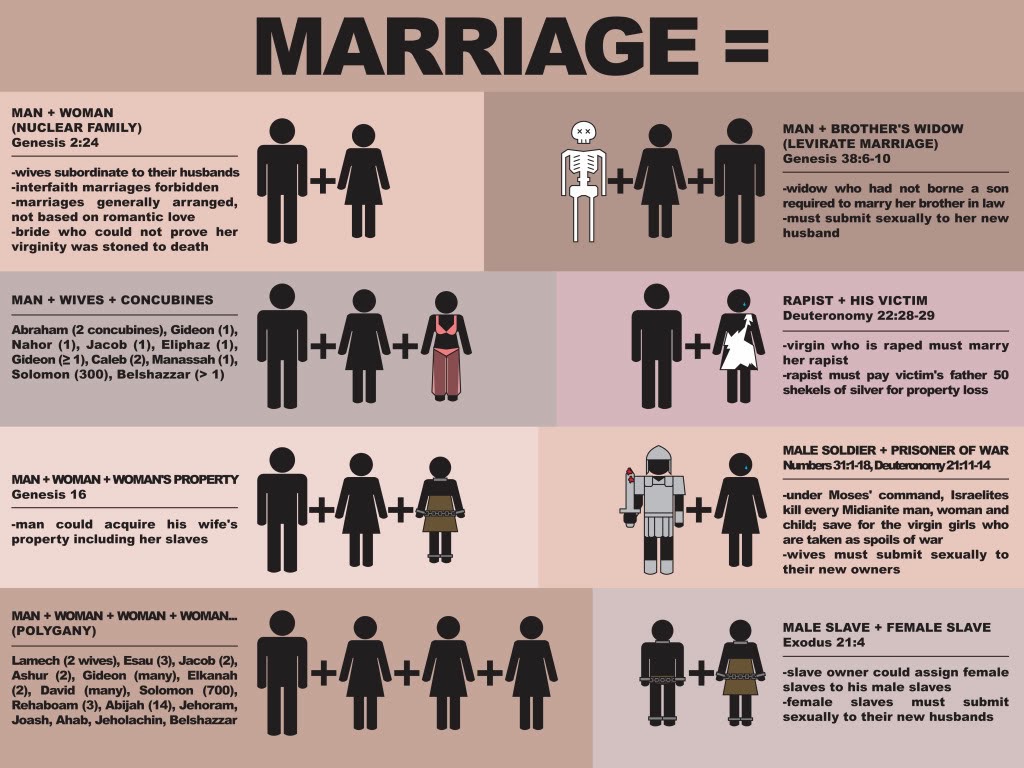
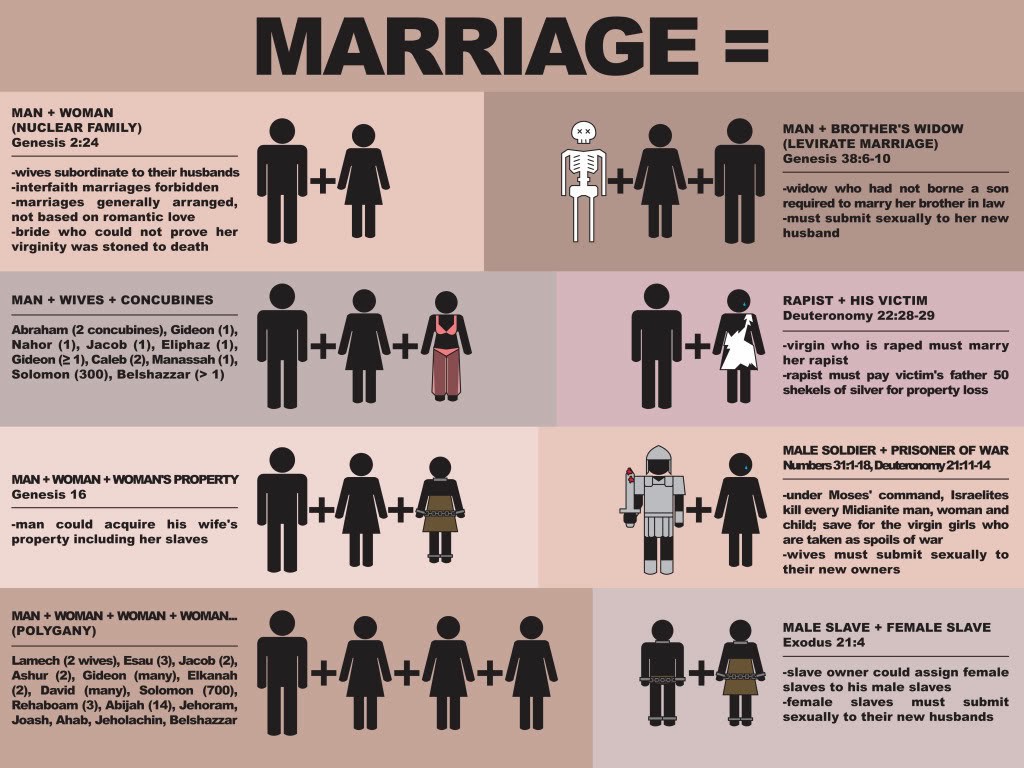
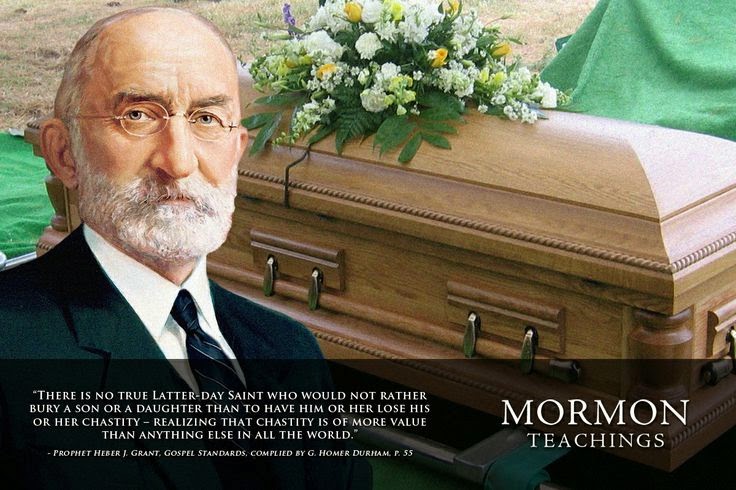
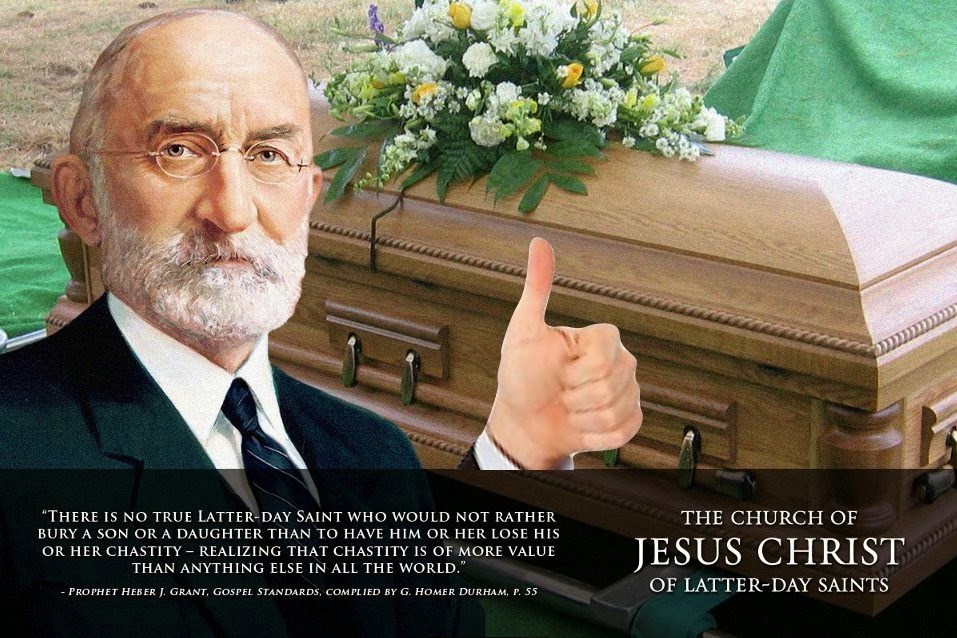







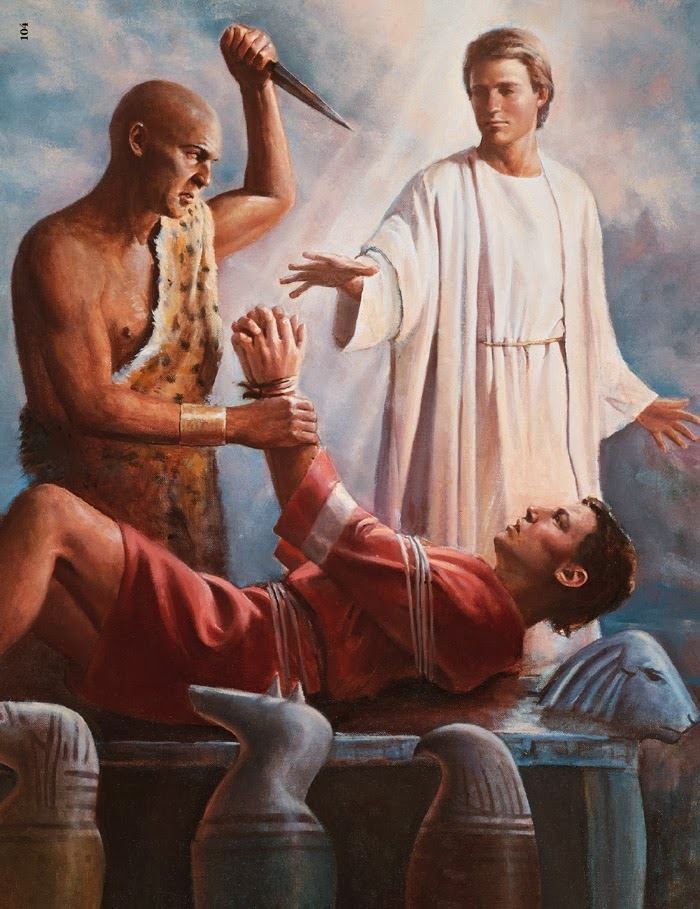


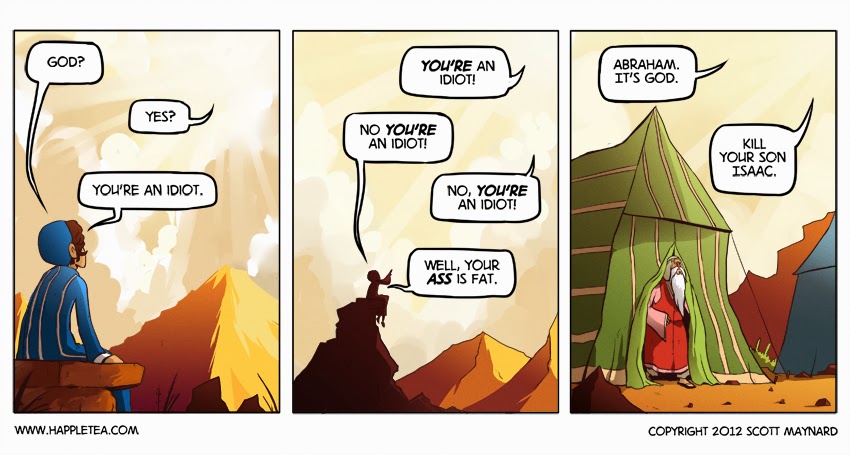
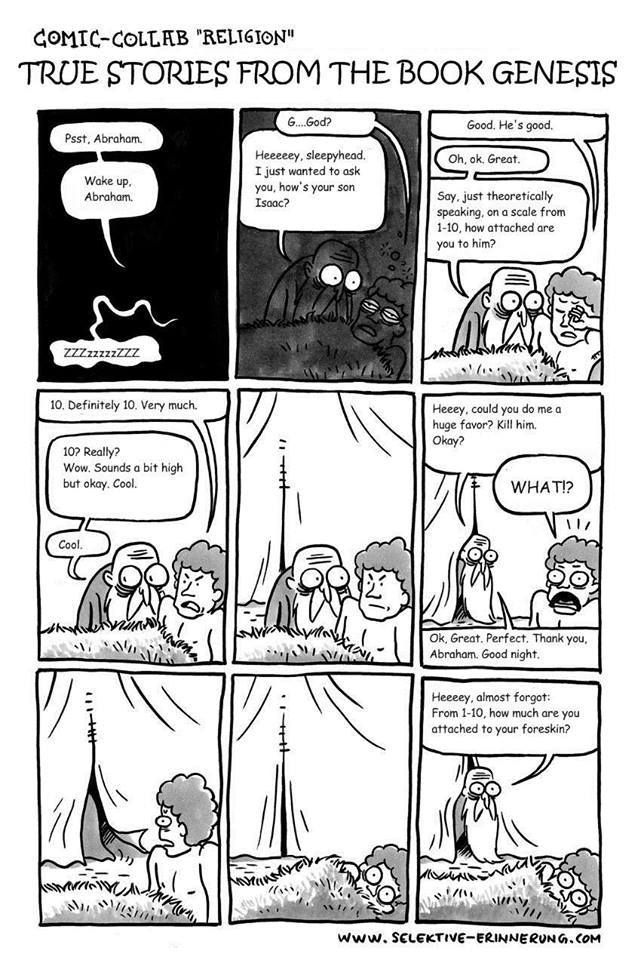
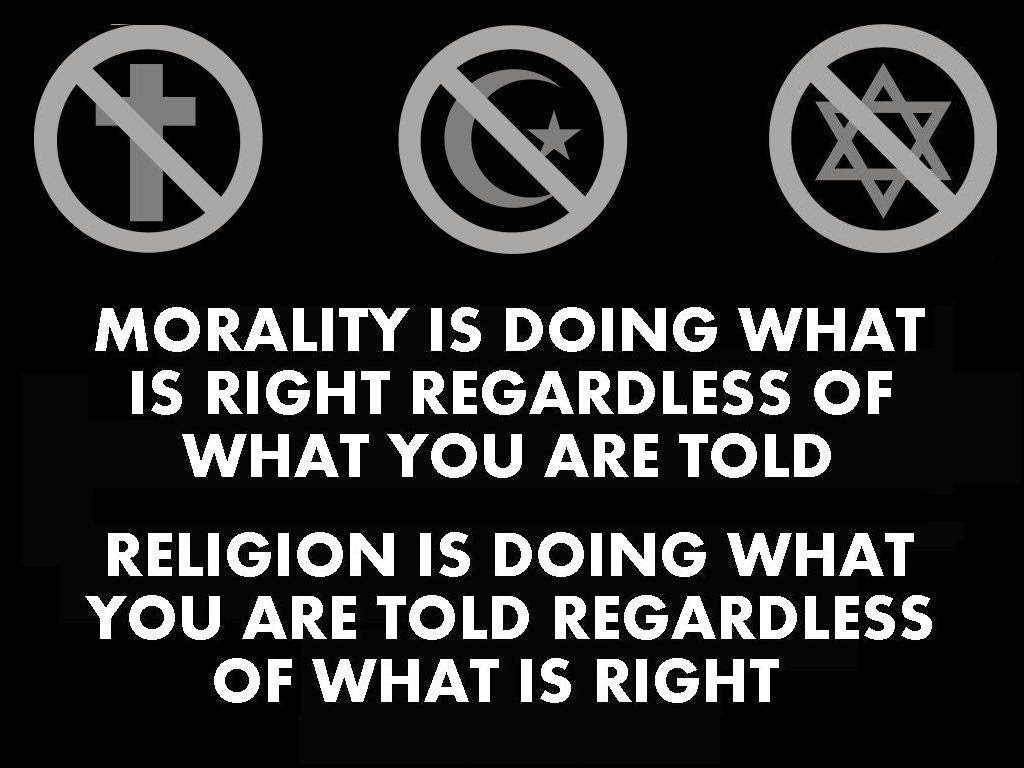
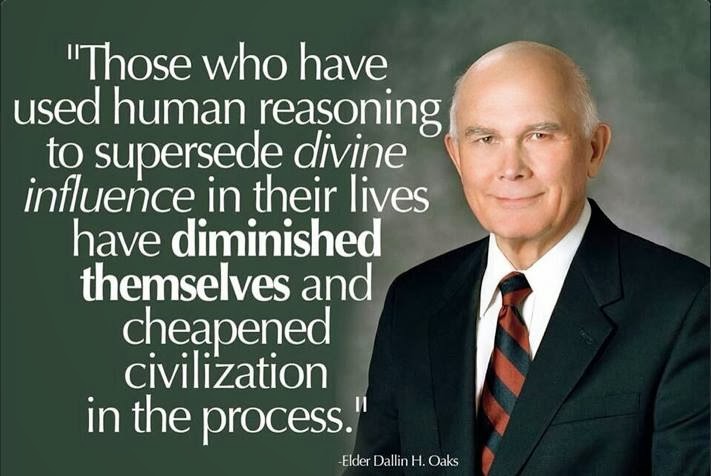
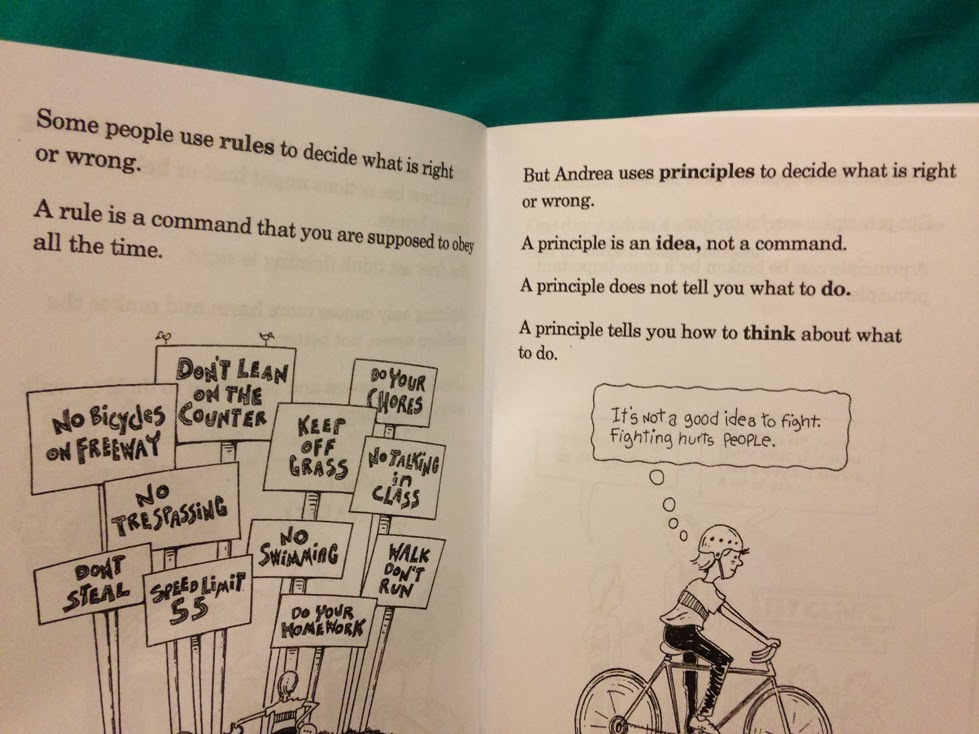
Recent Comments